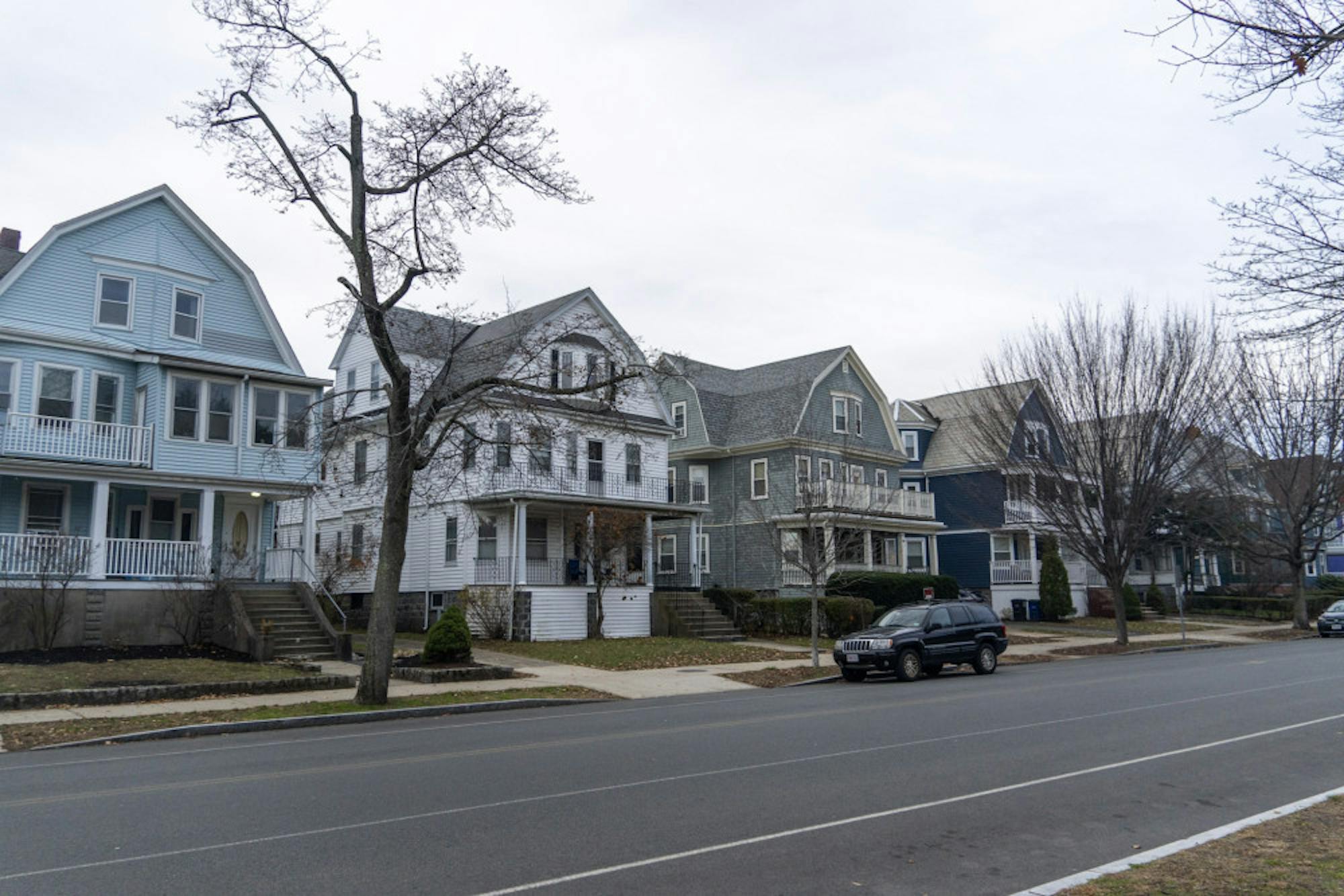Somerville has made the 2022 Carbon Disclosure Project’s cities A-List, an award for leadership on environmental action and transparency. Only 12% of the 1,002 cities evaluated worldwide received this designation based on commitment to long-term climate action plans, fossil fuel emission reduction targets and local climate risk assessments.
Compared to non-A-List cities, A-list cities like Somerville are taking about three times as many mitigation and adaptation measures and have made long-term or mid-term targets to achieve net zero emissions by 2050, according to the CDP.
Somerville Mayor Katjana Ballantyne, who recently supported a measure to create a net-zero fossil fuel emissions policy for new construction and renovations in the city, commended the work of the city’s Office of Sustainability in a statement made to the Daily.
"I'm so thrilled that the hard work of our sustainability office has been recognized by CDP,” Ballantyne wrote in a statement to the Daily. “Somerville is proud to be a leader in adopting innovative and forward looking policies that help fight climate change, and we will continue our work to build towards a more sustainable future."
Somerville Ward 3 City Councilor Ben Ewen-Campen noted that what sets Somerville apart from other cities is a dedication to climate awareness in many of its policies.
“Basically every single thing we do has a climate angle,” Ewen-Campen said. “Housing, major climate angle, public transit, major climate angle, bike lanes, trees, new school buildings, every single thing you think about you have to be thinking about the energy usage and that is something that I think Somerville does and tries to do.”
To cut down on fossil fuel dependence, Somerville has to retrofit buildings to be electric. According to Ewen-Campen, that requires ramping up programs for homeowners and renters to make buildings more energy efficient.
“We know from many years of studying our carbon accounting in Somerville that building, heating and cooling is by far the biggest contributor that we have any control over,” Ewen-Campen said. “And last year, the state passed this landmark climate legislation that set up a pilot program for municipalities to ban fossil fuel infrastructure in new construction.”
Many of Somerville’s ambitious sustainable energy programs have been stunted at the state-wide level. This has made it difficult for the city to meet many of the goals on its climate action agenda.
“We've had a Republican governor for eight years who has not been good on these issues and has often sided with the gas companies and large corporations,” he said. “I'm hopeful that we will have, under Maura Healey, someone who is much more aggressive.”
Tina Woolston, director of the office of sustainability at Tufts, commended Somerville for its achievement, noting the recent visit of the Prince and Princess of Wales to Greentown Labs in Somerville as validation of the city's worldwide leadership.
“Policy is a key strategy for implementing widespread climate solutions and local governments can create these policies at a relatively quick pace while considering the needs of their municipality,” Woolston wrote in an email to the Daily. “For example, both Boston and Cambridge have enacted emissions disclosure and reduction ordinances that require buildings of a certain size to meet an emissions intensity threshold or pay a very high ‘alternative compliance fee’. This has been an important driver of decarbonization efforts amongst businesses in those localities.”
She also highlighted some of Somerville's essential steps to ease the transition to zero carbon emissions.
“Providing EV charging stations, bike lanes on popular roads, and community choice aggregation for 100% renewable electricity [opportunities to purchase affordable renewable energy] can make it a lot easier for everyone to take positive action. Somerville is already doing many of these things as is Boston,” Woolston wrote.
Ewen-Campen explained how the policies Woolston mentioned are “triple-win policies” that benefit the climate and marginalized communities, while also creating more jobs.
“The classic example of this would be investing in public transit,” he said. “It’s obviously good for the climate to have less people driving more people on public transit. … It creates a lot of good paying public sector jobs and we just know from the data that public transit disproportionately serves historically marginalized populations.”
He also stressed the need for federal support if Somerville hopes to realize its sustainability targets. He is hopeful that incoming Biden Administration policies will do that.
“Those [policies in the Inflation Reduction Act] have been described as kind of transformative in terms of climate policy, and I'm hoping that what that means [is] a pot of money for municipalities to retrofit buildings, to redesign roadways, to allow non-fossil fuel burning vehicles … to be a safe and viable way to get around, to public transit,” Ewen-Campen said.
According to Ewen-Campen, moving forward with Somerville’s climate initiatives must be a collaborative effort.
“There has to be that interplay, where you have local policy leaders looking for these solutions and coming up with frameworks and then there absolutely needs to be massive financial investment from the federal government,” he said.






